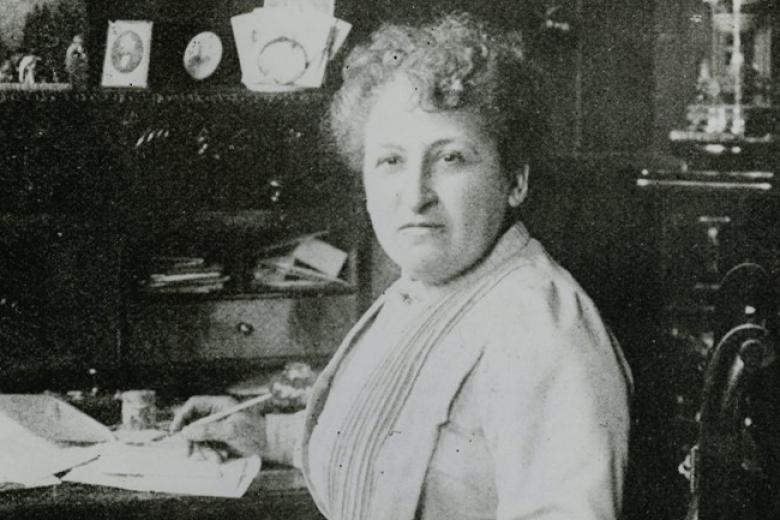How technology disrupts private law
2018 is the first year in history when more than half of the world’s population is online. Since its dawn, the Internet has changed many aspects of daily life. The first wave of the Internet saw a change in communication: the use of e-mails and the rise of Internet browsers facilitated online transactions and marked the beginning of global access to goods.
An Exploratory Study of California and Switzerland as Innovative Jurisdictions
Then came wider access to services, in what is by now called the ‘gig’ economy: Internet platforms started matching demand and supply in sectors such as transportation, tourism and even entertainment. More recently, a new wave of decentralization through cryptography developments in distributed ledger technologies has challenged the fitness of established legal rules and practices and disrupted disrupting the law.
Legal systems have always had adapt to modernity. What is new, however, is that all aspects of human development are moving faster than ever and at an unprecedented scale, with unmatched complexity. By contrast, regulatory solutions for legal questions arising out of technology innovation have been rather slow and random. The legal status of Uber drivers as independent employees has been established in different jurisdictions around the world, but will it also apply to Youtubers? Such case-by-case approaches tend to increase legal uncertainty rather than reduce it. In a recent working paper I completed for the Stanford Transatlantic Technology Law Forum, I looked at a number of private law issues raised by disruptive technologies in two particular jurisdictions: California and Switzerland. The goal of the paper is to map and analyse regulatory responses.
Do you like to read more on this blog How technology disrupts private law?
Please visit Oxford Business Law Blog
-
The European Super League: opening the floodgates of competition law
Recent days have seen the meteoric rise and fall of the European Super League (ESL). This new league would have consisted of 15 founding clubs and 5 other clubs; the former consisting of ‘big clubs’ which could not be relegated and the latter in clubs who performed well over the past years on a...

-
Shades of European righteousness in California’s handling of Uber
Back in 2017, the European Court of Justice ruled in Asociación Profesional Elite Taxi v. Uber Systems Spain, SL (Case C-434/15) that Uber offers common transportation services and thus, ought to be regulated as such. Various European national courts subsequently made similar rulings against Uber...

-
Dean’s blog episode 17: which names for our tutorial rooms? and: happy holidays!
In the last few months all colleagues were able to participate in a poll to name our tutorial rooms. This leads to a choice doing justice to diversity in nationality, field, gender and type of name.
